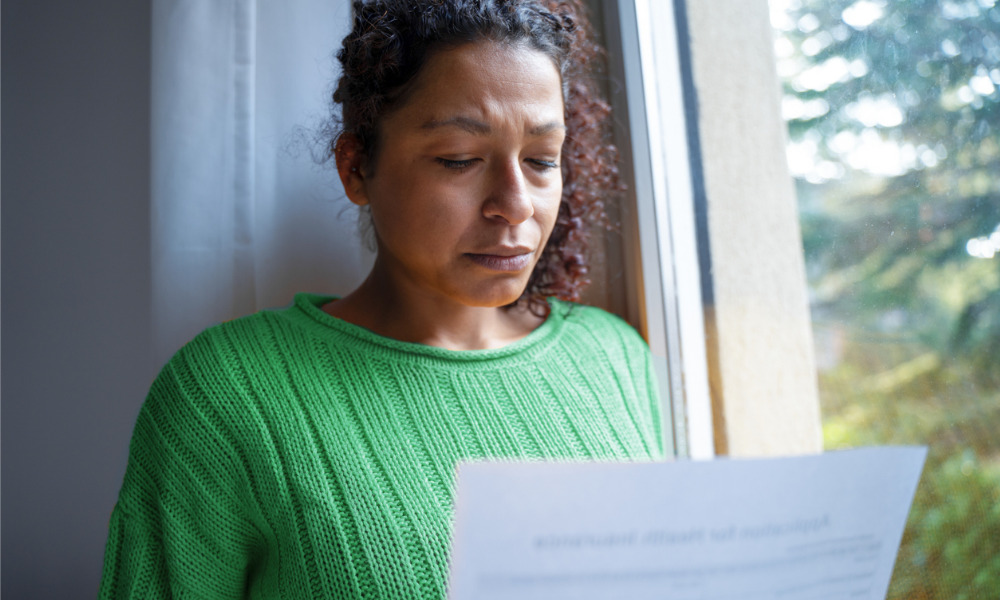Study finds four reasons why single and divorced women are less assured than their married peers

A study by Craig Copeland at the Employee Benefit Research Institute reveals that single women are less confident about their ability to retire than married women, whether they are working or not.
Published in September, the study highlights numerous factors to explain why single working women are less optimistic. They are much more likely to have lower incomes and asset holdings, and are less likely to have calculated their retirement needs or to have used a professional financial advisor.
As reported by ThinkAdvisor, women who were never married, divorced, or widowed were considered "unmarried" in the study.
Retirees who are single face additional difficulties. They are more likely to have low savings balances, more expensive retirement expenses than anticipated, and an earlier retirement date than intended.
“The survey results are a real wake-up call when it comes to the situation of unmarried women workers and their retirement prospects,” Copeland wrote. “The evidence shows that the current slate of ‘help’ solutions isn’t resonating well enough. A focus on retirement savings is not paramount for them, as opposed to meeting their current financial needs.”
According to the study, more than half of divorced (58%) and never married (56%) working women have less than US$25,000 in assets, compared to just 27% of married working women.
Working women who have been divorced and those who have never been married showed a similar distribution of total assets. However, retired widows are slightly more likely to have higher asset levels than retired women who are divorced.
Never married and divorced working women are more likely to have lower levels of financial assets than married working women.
The study also revealed women who are divorced or single are less likely to have access to workplace retirement plans, which is one of the most significant tools for retirement. Compared to divorced and never-married employed women, married women are more likely to receive a workplace benefit offer (69%, 71%, and 80% respectively).
Compared to married working women, divorced and never-married working women are also more likely to agree that retirement savings less of a priority than their family's immediate needs.
Working women who have never been married are more likely than other working women to rank buying a home or starting a business as one of their top-three longer-term financial planning priorities.
Never-married and divorced working women are less likely than married working women to say that investing in and saving for retirement is one of their top three priorities for longer-term financial planning.
Finally, women who have never been married say they don't know where to turn for financial advice nearly half (45%) of the time.
Among all women, a third (33%) said that they are unsure of where to turn for sound financial or retirement planning advice. With respect to financial advisors, married women are 40% more likely to work with a professional financial advisor or representative than divorced women (28%) and never-married women (20%).



